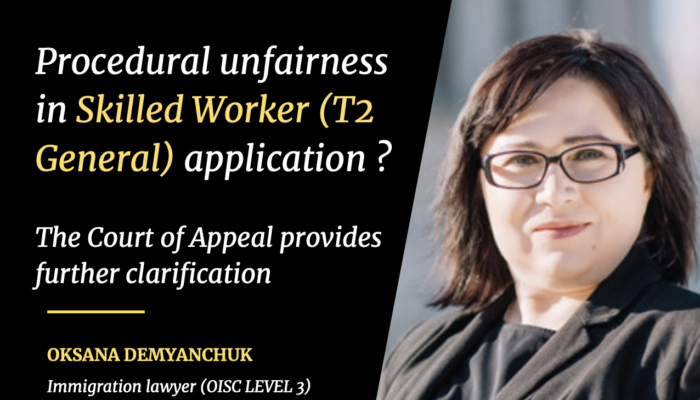Detention, Bail & Removals

Immigration Detention in the United Kingdom.
Immigration detention is the practice of holding individuals in custody who are subject to immigration control in custody, while they wait for permission to enter or before they are deported or removed from the country.
Every year, around 24,000 people are detained for a number of reasons. These include but not limited to asylum seekers, undocumented migrants or migrants who overstayed or breached the immigration law. Detained individuals are held in an immigration removal centre, a detention centre or a prison. The Home Office policy states that detention must last for the shortest period possible. However, there is no time limit on immigration detention in the UK.
Immigration Detention Bail
The individuals detained on immigration matters can apply for immigration bail. If successful, they will be released under certain conditions.
The individuals can apply in 2 ways:
-
to the Secretary of State any time after they arrived in the UK
-
to the First-tier Tribunal only if they arrived more than 8 days ago.
Detainees might be automatically referred for bail if they have been in detention for 4 months or more.
Bail Conditions
If the individual is granted bail, there will be at least one condition they have to obey. The individual might have to report regularly to immigration authorities, be restricted where they live, work and study or have an electronic monitoring tag.
The applicant is likely to succeed if they have at least one ‘surety’. This can be a person who will pay money if the individual breaks the terms of bail, ensures that the applicant stays in touch with authorities or can attend their bail hearing.
Refusals
The individual is more likely to be refused if they have broken the terms of bail before or have a criminal record. The individuals may not be released even if they are granted bail if they are due to be removed from the country in 14 days.
Removals.
The individual can be either deported or issued an administrative removal notice. Usually, the individual is deported only if they have committed a serious crime and been sentenced to a prison term. On the other hand, the administrative removal notice is issued if the individual has breached immigration law or overstayed in the UK. There is no automatic right of appeal, except for some EUSS residents whose removal decision was taken on or after 11 pm on January 31 2020. The individual can challenge their removal decision on human rights or protection grounds. They can also apply for a judicial review if they have no other appeal avenues. The court will not substitute the Home Office’s decision but only decide whether the decision was lawful.
We are a modern and innovative boutique law firm with a flexible «can-do» approach. Our cross-domain specialisation allows for seamless solutions whether you are a business or an individual, allowing us to solve most complex problems, where several areas of law are involved.










